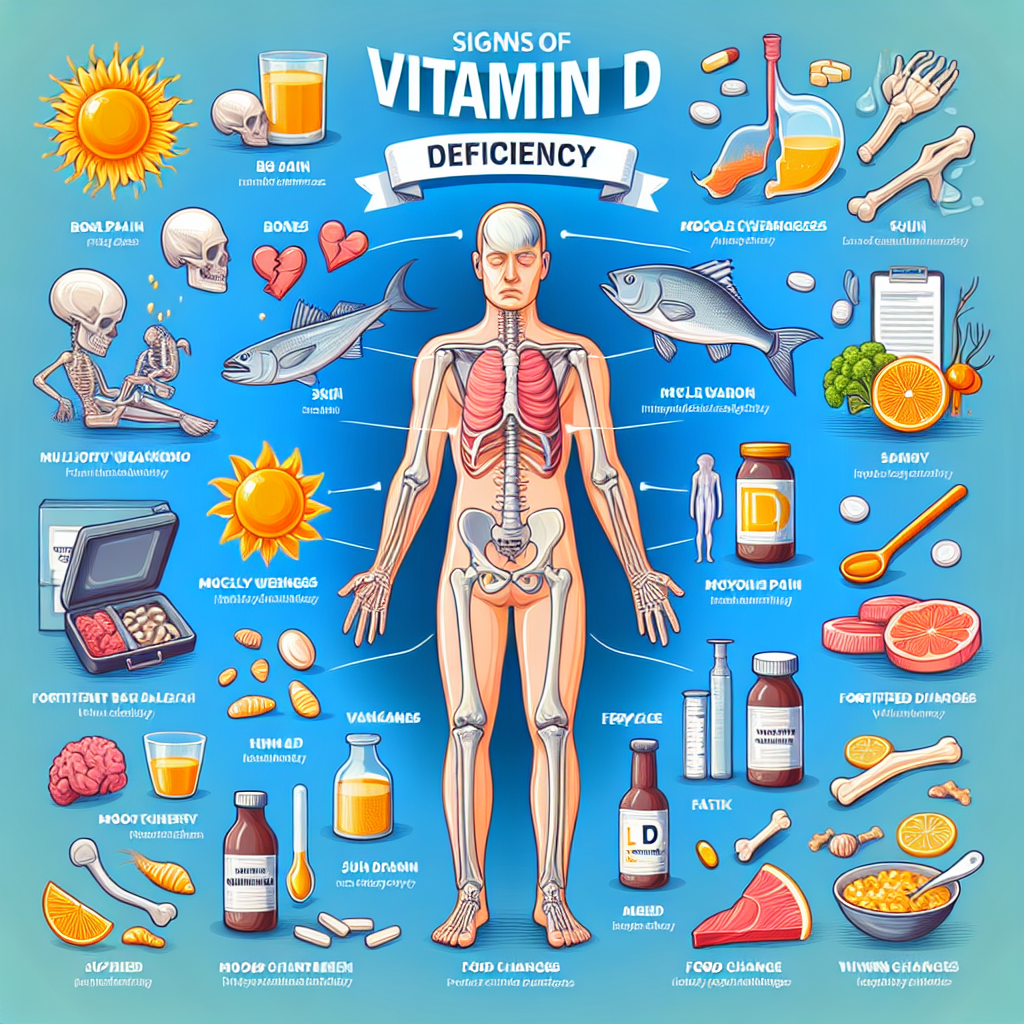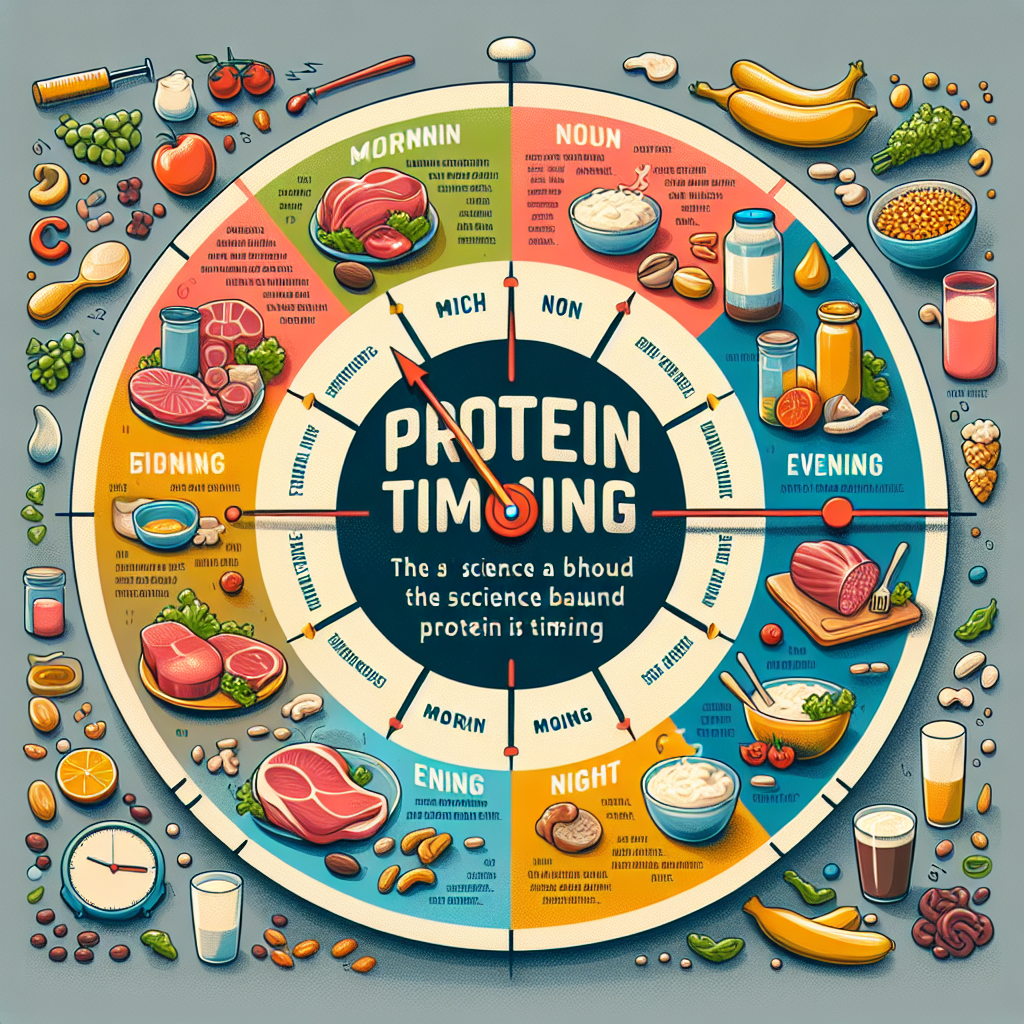Signs indicating Vitamin D deficiency and remedies
1. Overview of Vitamin D Importance
Vitamin D is a fat-soluble vitamin that plays a crucial role in maintaining overall health. It helps regulate calcium and phosphorus in the body, which are vital for bone health. Vitamin D also supports immune function, brain health, and has been linked to improved mood. An estimated 41.6% of the US population is vitamin D deficient, showcasing the widespread nature of this deficiency.
2. Common Signs of Vitamin D Deficiency
Recognizing the signs of vitamin D deficiency can be the first step toward addressing the issue. Common symptoms include fatigue, muscle weakness, and bone pain. Those deficient may also experience frequent infections, mood changes such as depression, and slowed wound healing. Understanding these signs is essential for early intervention.
3. Fatigue
Individuals with vitamin D deficiency often report unexplained fatigue. Low levels of this vitamin can lead to a decrease in energy levels and increased feelings of tiredness. A study highlighted that vitamin D supplementation significantly improved fatigue levels in adults with deficiency, indicating a direct correlation between the two.
4. Bone Pain
Bone pain, particularly in the lower back or legs, can signal a deficiency in vitamin D. Since the vitamin is crucial for calcium absorption, a lack can lead to weakened bones. Research has shown that individuals with lower vitamin D levels are more prone to osteoporosis, further emphasizing the need to maintain sufficient levels.
5. Muscle Weakness
Vitamin D is important for muscle function. Deficiency can manifest as muscle weakness, making everyday activities difficult. A study found that older adults with low vitamin D levels had a 30% higher risk of falling, emphasizing the need for adequate levels to maintain strength and stability.
6. Mood Changes
Vitamin D has been linked to mood regulation, where deficiency can lead to feelings of sadness or depression. Emerging studies suggest a significant association between low levels of vitamin D and increased risk of mood disorders. In particular, individuals with major depressive disorder often show lower levels of this important nutrient.
7. Frequent Infections
People who are vitamin D deficient may notice they get sick more often. The vitamin plays an essential role in boosting the immune system. Research suggests that those who are deficient are more likely to experience respiratory infections. A study showed that vitamin D supplementation could reduce the risk of acute respiratory infections by 12%.
8. Slow Wound Healing
If you find cuts and wounds taking longer to heal, it might be a sign of vitamin D deficiency. This nutrient is involved in the process of inflammation and the formation of new tissue. Studies have indicated that sufficient vitamin D levels can improve the healing process and reduce inflammation, supporting recovery.
9. Remedies for Vitamin D Deficiency
Several straightforward remedies can help to address vitamin D deficiency. These include sun exposure, dietary adjustments, and supplements. Combining these methods can yield significant health benefits.
10. Sun Exposure
One of the most natural ways to boost vitamin D levels is through adequate sun exposure. Sunshine enables the body to produce vitamin D. Generally, spending around 15-30 minutes outdoors several times a week can help. However, factors such as skin tone, geographic location, and season can influence how much vitamin D you produce.
11. Dietary Sources
Incorporating vitamin D-rich foods into your diet can also help. Fatty fish like salmon, mackerel, and sardines are excellent sources. Other options include fortified foods, such as dairy products, cereals, and orange juice. Egg yolks and mushrooms also contain some vitamin D. Striving for a balanced diet that includes these foods can be beneficial.
12. Vitamin D Supplements
Supplements are another effective remedy, especially for individuals who have difficulty maintaining adequate levels through sun exposure or diet. Vitamin D3 (cholecalciferol) is the preferred form for supplementation. The recommended dietary allowance (RDA) varies; for most adults, it’s 600 IU (international units), but some may require higher dosages based on individual factors such as geographic location, age, and existing health conditions.
13. Getting Tested
It’s crucial to know your vitamin D status, especially if you are experiencing symptoms related to deficiency. A simple blood test can reveal your levels. Regular testing can help you and your healthcare provider devise a plan to restore optimal levels, whether through sun exposure, dietary changes, or supplements.
14. Conclusion
Vitamin D plays a vital role in physical and mental well-being. By being aware of the signs of deficiency and implementing effective remedies, you can greatly improve your health. Addressing vitamin D deficiency not only helps enhance physical health but can also positively impact mood and overall quality of life. Staying informed about your vitamin D status and taking proactive steps can lead to a healthier and more fulfilled life.




Post Comment